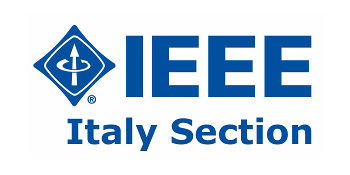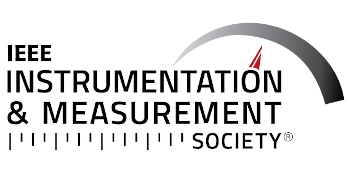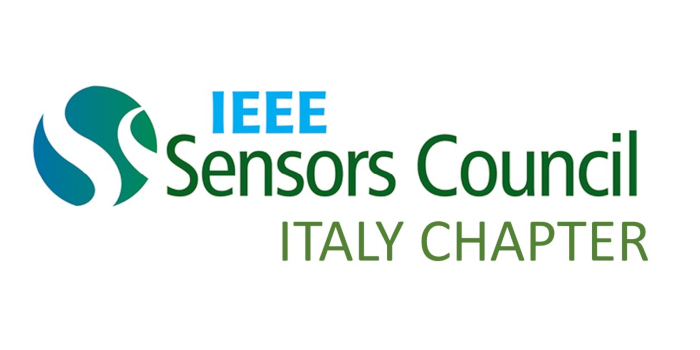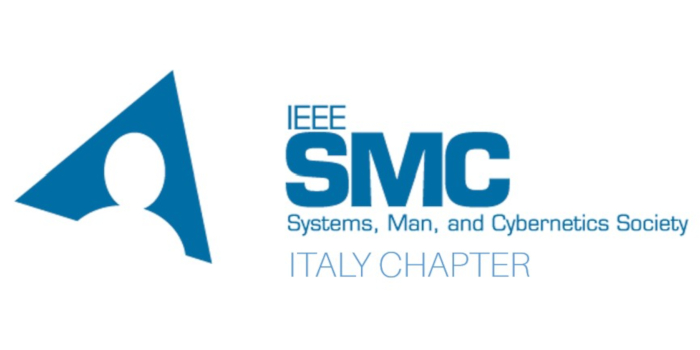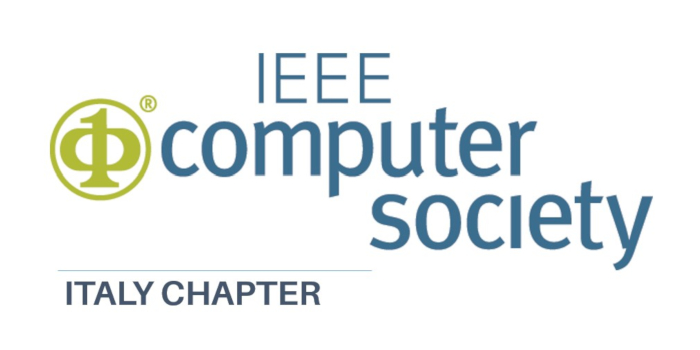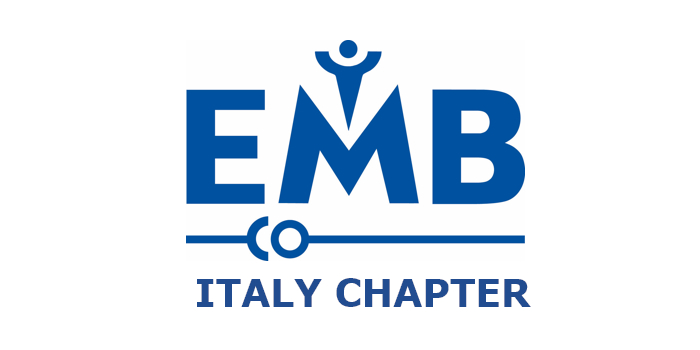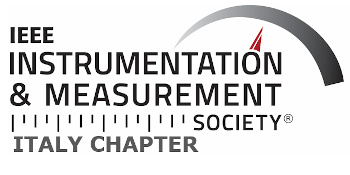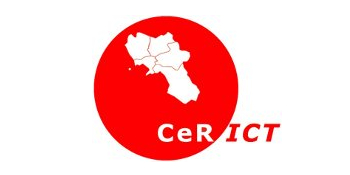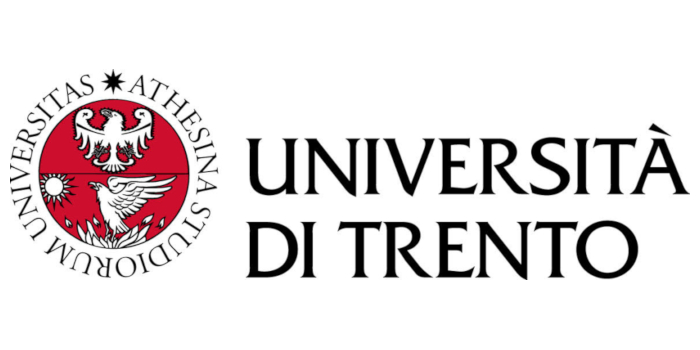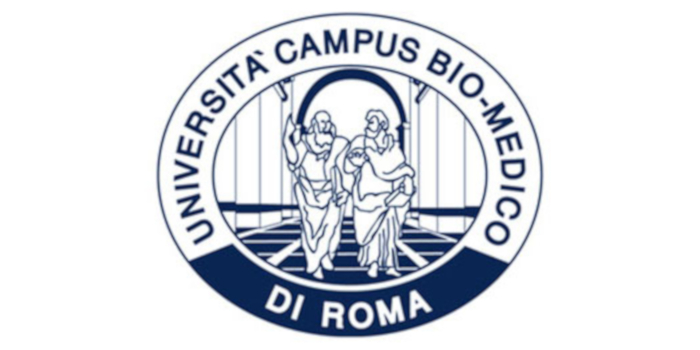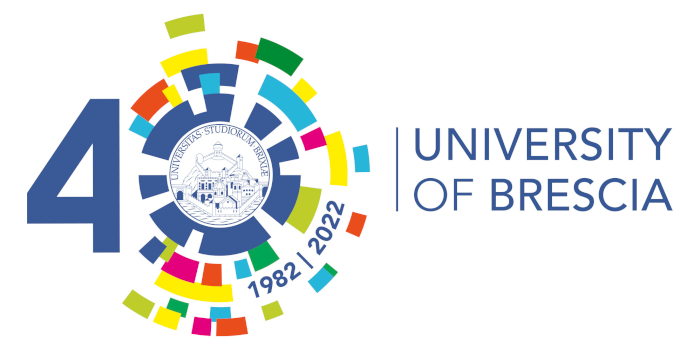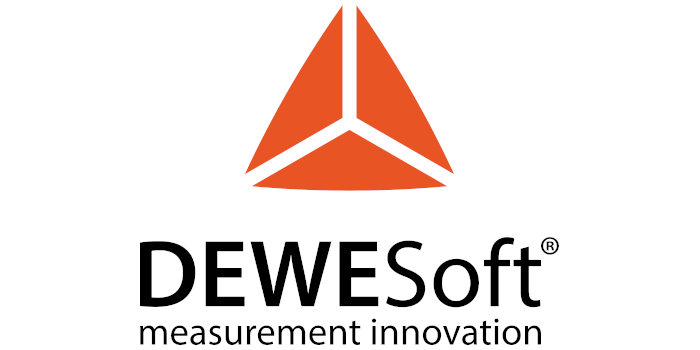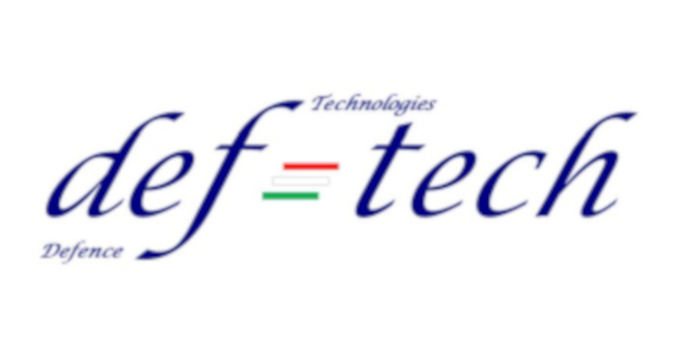Wearable devices and Industry 4.0: are they able to enhance the well-being, safety and productivity of workers?
ORGANIZED BY
.jpg)
Gloria Cosoli
Università Politecnica delle Marche

Marco Arnesano
Università degli Studi di eCampus
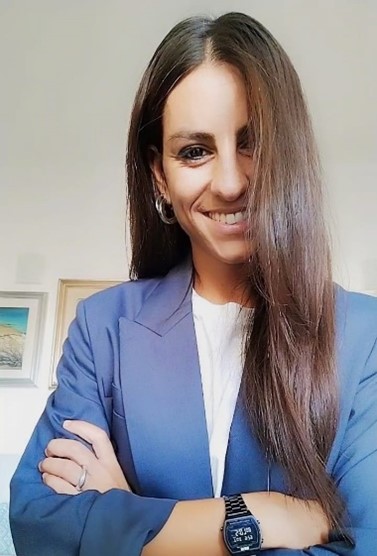
Silvia Angela Mansi
Università degli Studi di eCampus
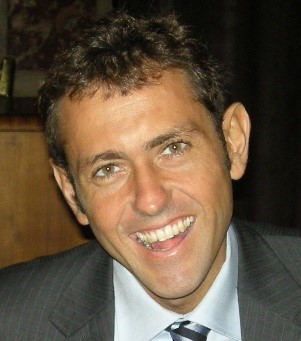
Gian Marco Revel
Università Politecnica delle Marche
ABSTRACT
Wearable devices are diffusing all over the world in many different backgrounds, from healthcare to sport medicine, through Industry 4.0. Indeed, these Internet of Things (IoT) enabled devices provide remote monitoring capabilities, depicting the user’s physiological state through a plethora of vital signs, including heart rate (HR) and related variability, energy expenditure, electrodermal activity (EDA), electroencephalogram (EEG), posture, movements, but also indirectly estimated quantities, such as respiratory rate and blood pressure. Moreover, the diversification of wearable sensors has led to the development of many types of wearables, not limiting to smartwatches but including also smart rings, smart glasses, smart clothes and so on. On the other hand, the combined exploitation of wearable devices and Artificial Intelligence (AI) has a great potential for the assessment of the user’s well-being and mental workload, thus supporting decision-making processes and actions aiming at optimizing both the user’s physiological state and her/his safety and productivity in the Industry 4.0 context.
This Special Session aims to promote the latest research contributions in this research field. Original papers are invited to be submitted pointing out the use of wearable devices in Industry 4.0 related applications, with a particular focus on the metrological aspects characterizing both sensors and their application combined to AI technologies and on their potential in the enhancement of the worker’s general quality of life in the workplace.
TOPICS
Topics of interest include but are not restricted to:
- Vital signs monitoring in the workplace;
- Psychological well-being assessment;
- Stress evaluation in workers;
- Productivity maximization;
- Workplace safety optimization;
- Mental workload organization;
- Shopfloor management characterization;
- Wearable devices;
- Combined use of wearables and AI;
- Brain-Computer Interface (BCI) solutions for Industry 4.0;
- Evaluation of problem-solving behavioural pattern;
- Signal processing techniques;
- Data fusion for well-being assessment;
- Accuracy and reliability of wearable-based monitoring systems.
ABOUT THE ORGANIZERS
Gloria Cosoli received the B.S. degree in Biomedical Engineering (with honors) and the M.S. degree in Electronic Engineering (with honors) from Università Politecnica delle Marche (UNIVPM), Ancona, Italy, in 2011 and 2013, respectively. She received the Ph. D. degree in Mechanical Engineering from the same university in 2017 with a thesis titled “Study and Development of a Novel Radio Frequency Electromedical Device for the Treatment of Peri-Implantitis: Experimental Performance Analysis, Modelling of the Electromagnetic Interaction with Tissues and In Vitro and In Vivo Evaluation”. Since November 2016 to date, she has been a Postdoctoral Research Fellow with the Department of Industrial Engineering and Mathematical Sciences (DIISM) of UNIVPM. Her research interests focus on non-invasive physiological measurements and monitoring techniques, thermal and mechanical measurements, non-destructive monitoring techniques, numerical modelling, and signal processing.
Marco Arnesano, PhD in Mechanical and Thermal Measurements from Università Politecnica delle Marche, is an Associate Professor at eCampus University and Coordinator of Industrial Engineering courses (bachelor and master degrees). His research is focused on the development of innovative measurement systems for the built environment: energy and indoor environmental monitoring and control through the application of embedded and IoT sensors, physiological measurements, signal processing and data analysis. Research activities are conducted within European (FP7, H2020) and National projects. He is the author of more than 50 peer-reviewed scientific publications for international journals and conference proceedings.
Silvia Angela Mansi graduated, with honors, in Biomedical Engineering at the ‘’Università Politecnica delle Marche’’ (UNIVPM), Ancona, Italy in 2019. She started her research career in 2020, as Research Fellow, at ‘’Università Telematica e-Campus’’. Since November 2021 to date, she is a Ph.D. student at the same University. Her research focuses on the application of wearable devices for physiological measurements in the field of thermal comfort and well-being in buildings.
Gian Marco Revel is Full Professor in Mechanical and Thermal Measurement at Università Politecnica delle Marche, where he also plays the role of Rector Delegate for European Research. Main research interests are in the field of sensor and measurement technologies for industrial applications, with particular focus on the construction sector, building energy efficiency, in-field material characterization and non-destructive testing. He is Coordinator of the Material&Sustainability Committee of ECTP and Coordinator of the Italian Construction Technology Platform. He is author of more than 200 publications and Scientific Responsible for several projects (11 in H2020) in the area of technologies for Energy Efficiency and Materials in Buildings.


